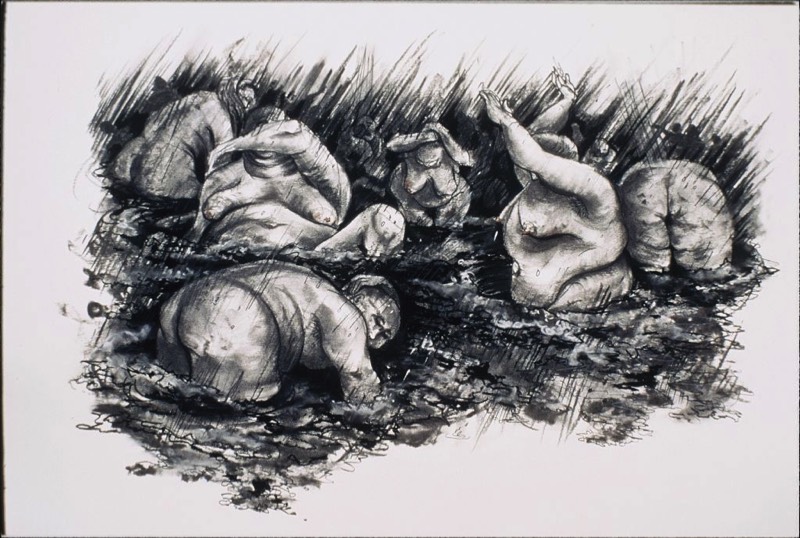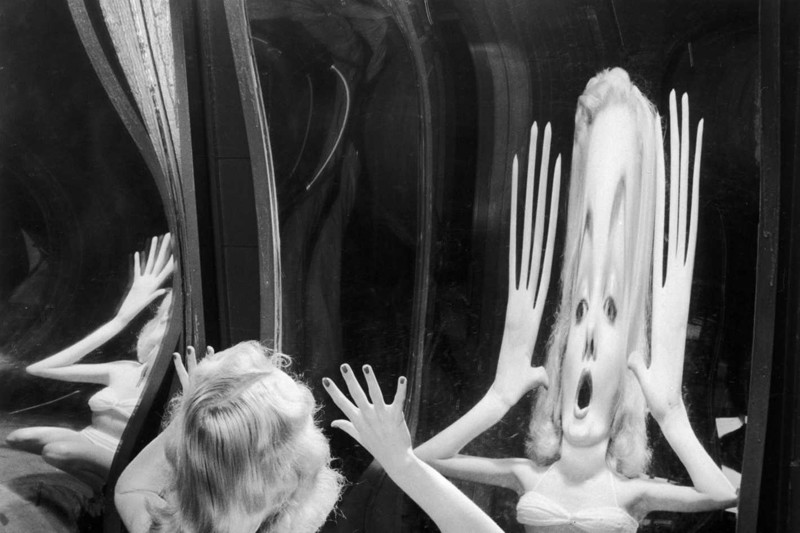A little while ago I went for a health check. They took a blood test, weighed me on the scales, poked me around a bit. Soon afterwards, I got a printout of my general health. It told me that my blood pressure and liver function was pretty good, but I ought to watch my cholesterol, my calcium levels could be a bit higher, and my folate result was not great (whatever that is).
It told me a lot about my physical health. What it didn’t tell me was anything useful about my spiritual and moral wellbeing. I began to wonder where I could get a spiritual health check? Is there a way of telling whether I am in danger of diseases that might affect my soul rather than my body?
As it happens, the Christian church has long had a spiritual health check - a kind of ticklist for spiritual and mental wellbeing – it’s called the Seven Deadly Sins. And over the next few weeks, here on Seen & Unseen, we’ll be running a series on it – think of it as a chance to check out your own spiritual wellbeing.
Of course, the word ‘Sin’ has a chequered past. Peccatio, Pèche, Sünde, Sin – whatever language it came in, it was once a terrifying word – a word that struck fear into the heart of almost every European. It had the same kind of emotional effect as words like ‘Nazi’, or ‘cancer’ do for us today. It was something you wanted to avoid at all costs, something dreadful and dangerous.
Now, it has changed from a rottweiler into a poodle. ‘Sin’ has been calmed down, domesticated, neutered. The word is now usually spoken with a smirk, or a heavy dose of irony. Describing something as ‘sinful’ usually means you think it is naughty but nice, or even seductive. We get perfumes called ‘My Sin’, or even a bakery called ‘Sinful Cakes’. Po-faced people who denounce something as ‘sinful’ seem to just want to stop other people enjoying themselves.







